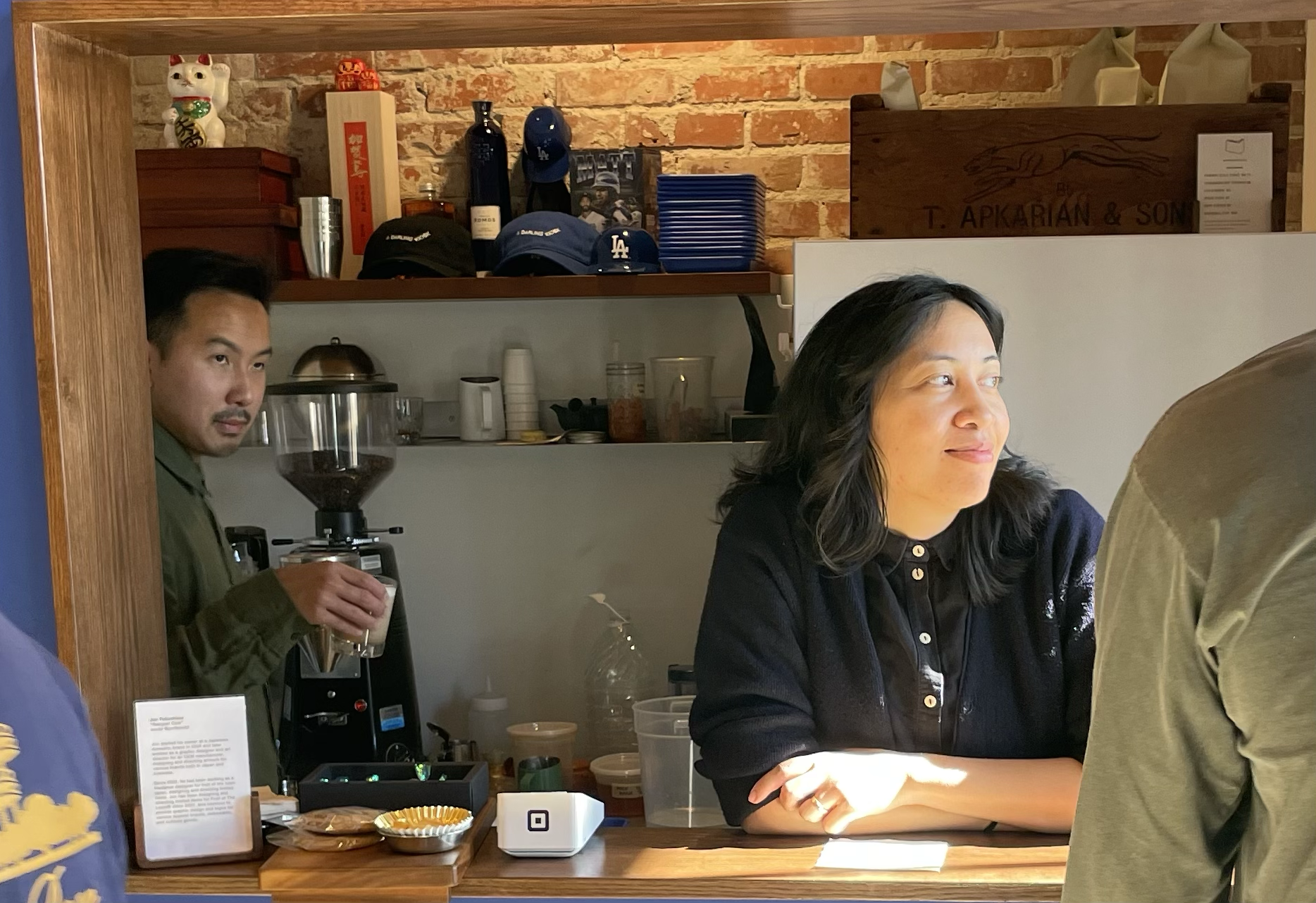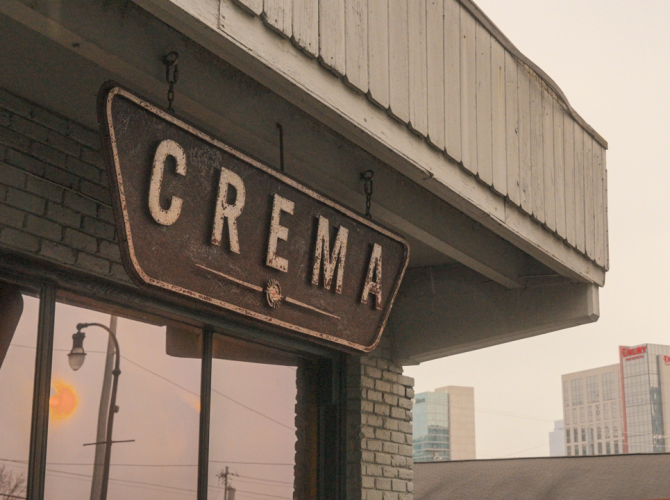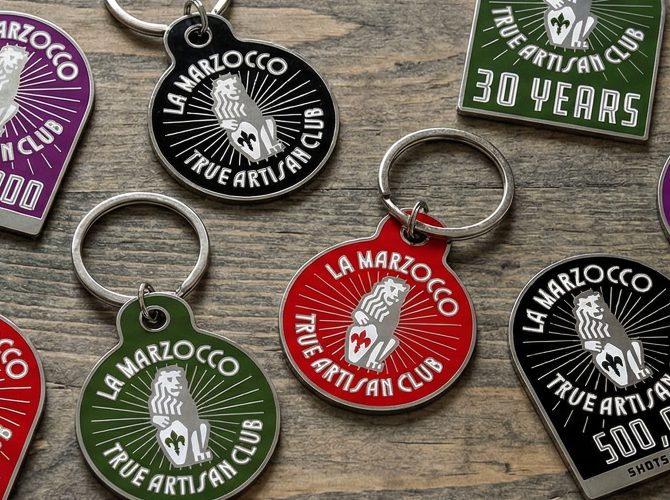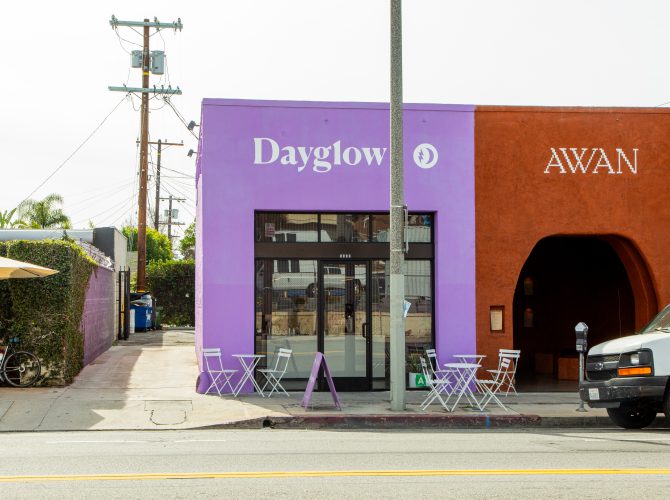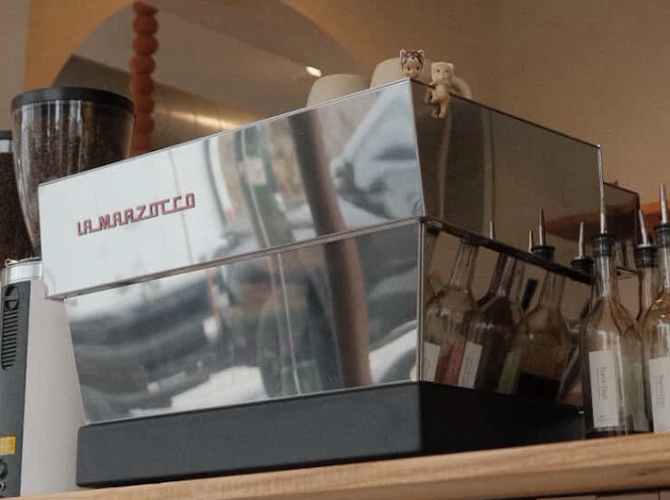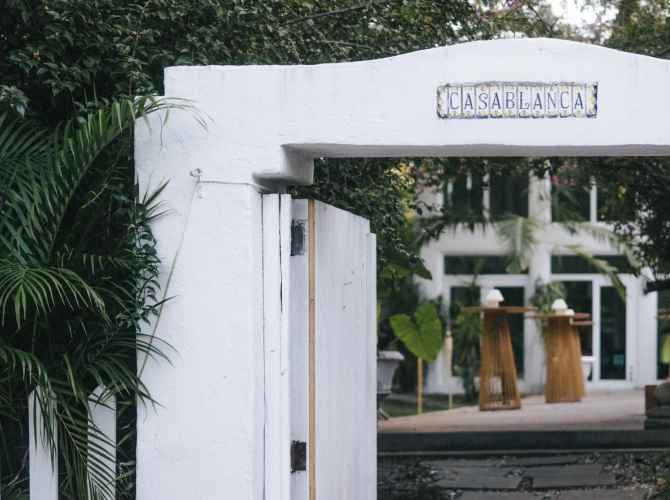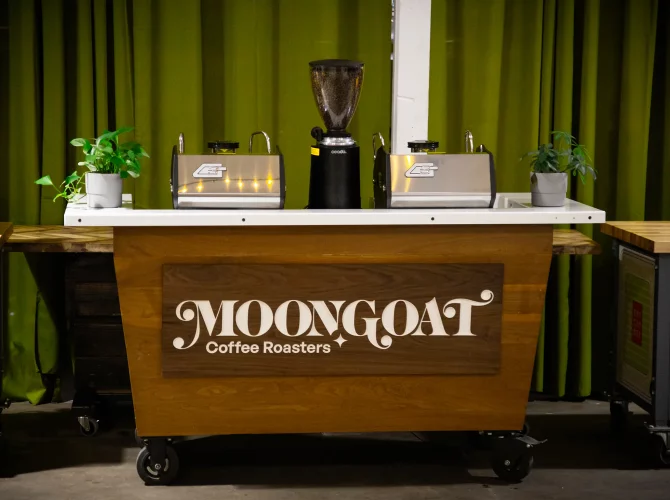Opening Notes is a new content series from La Marzocco focusing on the information everyone should know before they open their first café. Over the next few months, this series will examine topics that cover business practices, marketing ideas, and café operations, each featuring a coffee expert in that field.
Jaymie Lao is a freelance cafe consultant focusing on cafe operations and training. She’s also been involved in coaching for various U.S. coffee competitions and doing intimate pop-ups in Los Angeles. Jaymie is the founder of the Saturate LA Coffee Map, coached 2024 United States Barista Champion Frank La, 2025 United States Brewers Cup runner-up Christian Bak, and 2025 United States Coffee in Good Spirits champ Jerry Truong, and was a 2025 Sprudgie recipient for Outstanding Achievement in Excellence Award. As an educator for Intelligentsia and Director of Retail Operations for Go Get ‘Em Tiger in Los Angeles, Jaymie was integral in testing and picking out the best café equipment that delivered both speed and consistency. We spoke to Jaymie about how to pick the right espresso equipment for your own café.
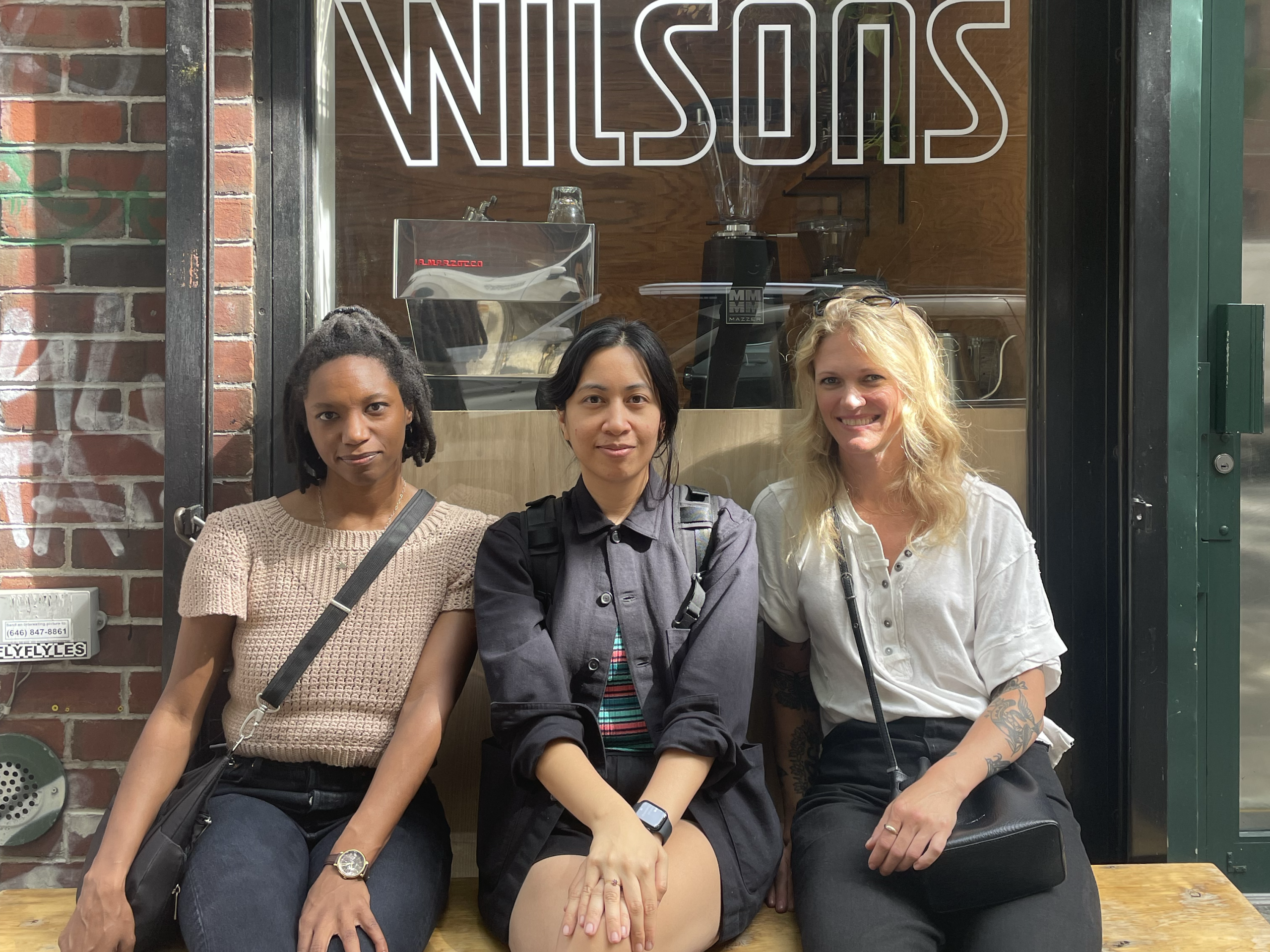
How important is it to select the right espresso equipment before opening?
It’s crucial if your drink menu is espresso-heavy! Beyond that, it’s a huge investment for any business and is one of the higher-ticket equipment items. Understandably, some cafes may open with a “starter” or borrowed espresso machine (i.e., used or less costly) while they save up to get the machine they actually want, which is good if you don’t have the resources yet and still need to shop around.
What are some of the factors people should weigh when picking out their espresso equipment?
I believe that in the year 2025, a lot of espresso equipment offers many of the same features and variable control out there, so to keep it simple, here are some practical factors to consider:
-Expected volume: Do you expect your baristas to be production baristas because you anticipate high volume? This could determine whether you need a one-group vs two-group (vs three-group perhaps!).
-Countertop real estate: Do you have the space to fit the size espresso machine you want, or will recovering counter space with a smaller espresso machine allow for better workflow?
-Tech or no tech: How intimately do you want to know your espresso equipment? Will you be fixing it yourself, or will you primarily rely on a technician to sort you out? If you decide to go the “hiring a tech” route, then I recommend choosing equipment that the techs in your area are familiar with. Sometimes, the newest piece of equipment on the block hasn’t been pressure tested enough out in the real world for your local tech to assess your issues as quickly as you’d like! And if an espresso equipment company is particularly opaque about how to fix their equipment and requires specific technicians, that could be a headache if you’re dealing with an urgent issue.
How important are the aesthetics of a café’s espresso machine
Depends on the branding of the business itself, I’m sure there are some businesses where it could be non-negotiable to have an espresso machine that fits the design of a cafe. I imagine this business probably has a lot of disposable income!
Honestly, though, the only aesthetics of an espresso machine that are important are whether it’s clean or not. You can spot certain espresso machines in cafe windows because their existence in a cafe signals quality, but at the end of the day, if every coffee shop has the same espresso machines and equipment, the only thing I want to know is how you use it and if you keep it clean.
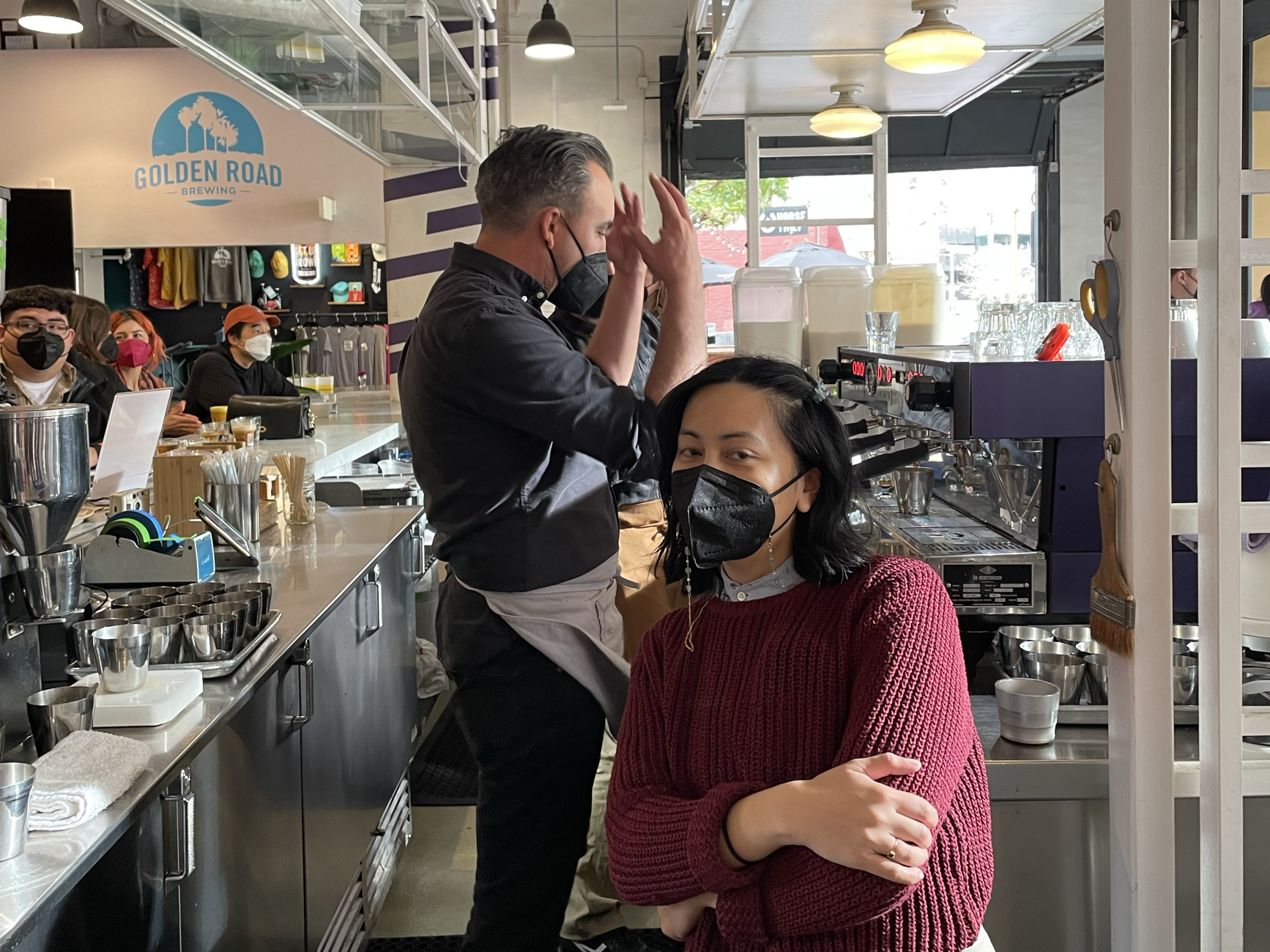
How should people decide which features are the most important for them in an espresso machine?
They should first consider if they’ve decided on a roaster or roast profile they want to use for their espresso. Certain roast profiles or solubility require the user to have control over features that maybe others wouldn’t adjust on a daily basis, like brew temperature or pressure. Plenty of machines now can manage temperature and control pressure easily, so the next thing I would advise considering is speed or workflow. Are you a high-volume shop? How quickly do you need to be able to make these adjustments on the fly? What level of automation would make your workflow easier? Maybe you want volumetrics or built-in scales!
What’s the most important feature you think an espresso machine should have?
Temperature control! Or a sight glass 😅
How would your machine recommendations differ between a new bakery and a growing coffee bar chain?
I would recommend machines that are user-friendly to both a new bakery and a growing coffee bar chain, but for completely different reasons. For a new bakery, a user-friendly machine that is fully automatic and easy to navigate for a team that may not have a barista on staff is ideal. For a growing coffee bar chain, I would recommend user-friendly machines that facilitate coffee skills training for employees with no coffee experience.
What’s the most important feature on an espresso machine for coffee quality?
Temperature stability!
What’s the most important feature of an espresso machine for coffee consistency?
Volumetric or brew by weight programming!

How much should people think about espresso machine maintenance before they buy a machine?
I believe it’s a top priority to know if and where an espresso machine can be serviced, or if training for the machine’s maintenance is available from the manufacturer. If your shop is not in a major city or does not have a reliable tech, this could be a huge hurdle. Similarly, if it’s a newly released product, chances are it hasn’t been pressure tested in public, at least not long enough for any known major issues to be worked out.
What are the important considerations when pairing an espresso grinder with an espresso machine?
Apart from considering one’s own personal experiences with espresso grinders and what has worked well in the past, an important consideration is workflow. If you are diligently measuring your espresso dose input, there are grinders that can give that level of accuracy in the basket without the added steps of taring your portafilter and some back-and-forth motions, namely grinders with a grind-by-weight function or grinders that allow for single-dose grinding.
How many espresso grinders should someone consider buying when opening a café?
This depends on your menu as well as your budget, but my general recommendation is two for versatility! It could be for two different options: a classic espresso and a subversive one, or it could be for caffeinated and decaffeinated. Beyond that, a second espresso grinder is nice to have if your other grinder requires maintenance or repair.
What’s your best advice for anyone opening a new café?
Train your baristas please! But besides that, as it pertains to equipment, figure out your menu! It’s a huge part of your identity and can inform a lot of decisions like equipment, training, staffing, etc.
To learn more, visit Jaymie Lao’s website. You can also follow Jaymie on her Instagram page and visit Saturate LA: coffee map.
